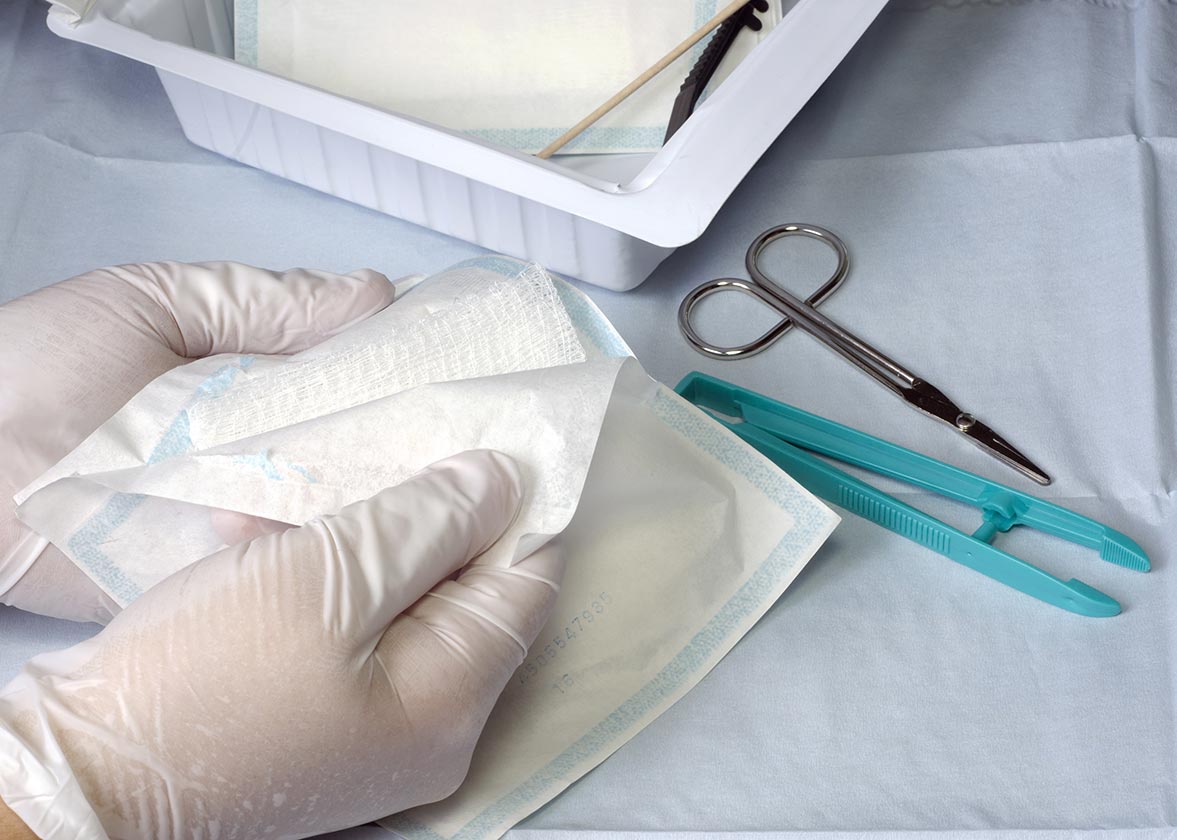Responsabilidad del médico consigo mismo
DOI:
https://doi.org/10.29176/2590843X.1662Keywords:
Burnout syndrome, Lifestyle, Medical colleague, Mental healthAbstract
Introduction: A specialist doctor, married, with three children and with a very successful medical practice due to the high volume of patients he attends, is hospitalized for a deterioration in his mental health associated with bornout syndrome. The treating psychiatrist, in addition to the treatment he prescribes, advises his colleague on a change in lifestyle that he considers destructive for his quality of life and that of his family. The doctor refuses to accept the recommendations of his treating physician and insists on being promptly discharged because he must resume the care of his patients who have been suspended due to their hospitalization process. He emphatically defends his lifestyle considering that his practice is very successful and has given him a good name in the scientific community and the general population. The treating psychiatrist insists on the need to continue his hospitalized treatment, in addition to seeking his patient's commitment to stop the change and actively seek a rethinking of his professional practice and his daily life. He feels pressured by his treating colleague and accuses him before the ethics committee of the institution of unduly interfering with his private life while requesting voluntary discharge.
The psychiatrist goes to the call of the ethics committee and asks for clarification if his conduct was inappropriate. The committee studies the case and determines that the treating physician acted in accordance with good medical practices and with a sense of good collegiality and recommends the patient physician to follow the psychiatrist's recommendations.
Author Biography
José María Maya, Médico, magister en Salud Pública, magister en Dirección Universitaria y magister en Dirección y Gestión de la Seguridad Social, máster en bioética; profesor titular, Universidad CES; decano general, Escuela de Ciencias de la Vida. Universidad EIA, Medellín, Colombia.
Médico, magister en Salud Pública, magister en Dirección Universitaria y magister en Dirección y Gestión de la Seguridad Social, máster en bioética; profesor titular, Universidad CES; decano general, Escuela de Ciencias de la Vida. Universidad EIA, Medellín, Colombia.
References
Williams R. Medical Ethics Manual. 3.a edición. Francia: 2 World Medical Association; 2015.
Albujar-Baca PF. Cuando el médico es paciente. Acta Med Per. 2015;32(3):164.
Gracia-Guillén DM. Medice cura te ipsum: sobre la salud física y mental de los profesionales médicos. Labor Hosp. 2004(274):89-142.
How to Cite
Downloads

Downloads
Published
How to Cite
Issue
Section

| Article metrics | |
|---|---|
| Abstract views | |
| Galley vies | |
| PDF Views | |
| HTML views | |
| Other views | |






